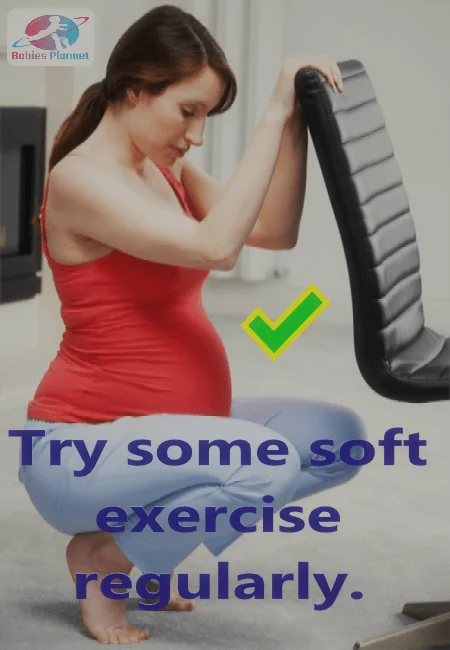2 cm dilated is considered early labor. It usually takes place over a period of days or weeks, and eventually leads to full dilation of the cervix (10 cm).
Early labor can be a difficult stage to manage, as it is often unpredictable and variable.
Some women may experience very strong contractions from the start, while others may have only mild discomfort.
Additionally, early labor can stop and start again suddenly, or even change direction (backing up instead of progressing forward). This means that it can be hard to know when true active labor has begun.
2cm dilated how much longer
2cm dilated at early labor takes usually long time compared to 3cm dilation or 5cm dilation.
So, the 2 centimeter dilation process indicate early labor is underway, including: -Regular, consistent contractions that gradually become stronger and closer together -Low back pain or pressure that intensifies as labor progresses
2cm dilation signs or symptoms
-A feeling of heaviness or pelvic pressure as the baby descends into the pelvis
-An increase in va*ginal discharge (which may be tinged with blood)
-Nesting instinct – an overwhelming urge to clean/prepare for the baby’s arrival
2 Cm Dilated How to Speed Up Labor

If you’re 2 cm dilated, you may be wondering how to speed up labor. Here are a few things that may help:
1. Walk around: Walking can help move your baby down into the birth canal and may help speed up labor.
2. Drink plenty of fluids and eat light meals: This will help keep your energy up during labor. You may also try any home remedy types food like okra water to induce labor
3. Try different positions for pushing during contractions: Some positions may be more effective than others in helping your baby descend further into the birth canal.
You can ask your doctor or midwife for guidance on which positions to try.
Can I take a bath while 2 cm dilated
There’s no rule that says you can’t take a bath when you’re dilated, but there are a few things to consider before hopping in the tub.
It is thought that the warmth of the water helps to relax the muscles around the cervix, which then allows it to open up slightly.
This may just be enough to get things started and get labor going.
However, some risks are still remain to measure.
First, your doctor may have advised against it because of the risk of infection.
If your water has broken, taking a bath increases the chances that bacteria will enter your va*gina and cause an infection.
Second, baths can sometimes make dilation worse by causing your muscles to relax too much.
So if you’re in active labor and trying to progress during 3cm dilated, a warm bath might not be the best idea.
And finally, if you do decide to take a bath while dilated, be sure to monitor your contractions closely.
If they start coming more frequently or seem more intense, it’s time to get out of the tub.
Can a Hot Bath Help You Dilate?
Hot baths can be helpful in inducing labor for a few reasons. The warmth of the water can help relax the muscles around the uterus and pelvis, which may make it easier for the baby to descend into the birth canal.
Additionally, hot water can stimulate blood flow to the pelvis, which may also help with dilation.
Soaking in a hot bath is generally safe during pregnancy, but it’s always best to check with your healthcare provider first.
Is hot Baths safe during labor?
It’s generally safe to take a bath during early labor. The warm water can help you relax and may ease some of your discomforts, like lower back pain. It may also help speed up the process by helping your muscles to better contract and open your cervix more quickly.
One study found that women who took baths in water that was 104 degrees Fahrenheit or warmer were more likely to go into labor within 24 hours than those who did not take a warm bath.
